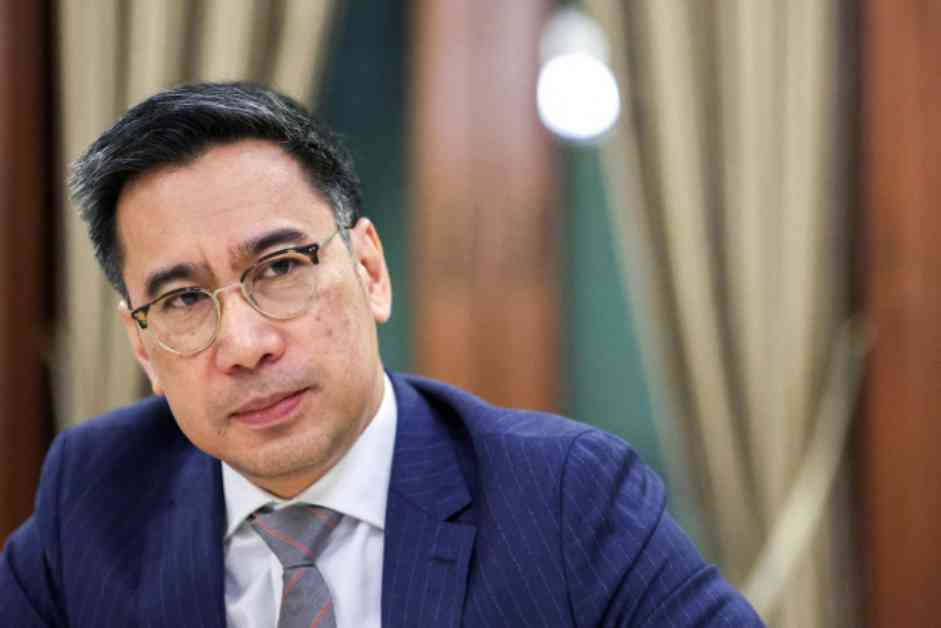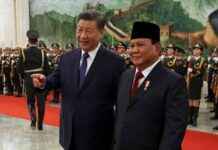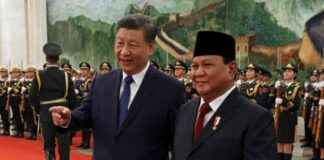Central Bank Chief Outlines Conditions for Interest Rate Reduction
The Governor of the Bank of Thailand, Sethaput Suthiwartnarueput, recently addressed the media in Pattaya, outlining the conditions under which the central bank would consider reducing interest rates. Suthiwartnarueput emphasized that the Bank of Thailand (BoT) is prepared to adjust monetary policy in response to changing economic and financial conditions. The governor’s remarks come amid calls for rate cuts to stimulate economic growth and concerns about the impact of financial market volatility on the broader economy.
Monetary Policy Flexibility
Suthiwartnarueput stated that the BoT is open to cutting interest rates if economic and financial conditions warrant such a move. He highlighted the importance of maintaining stability in the face of tightening liquidity or credit conditions, which could serve as a trigger for a change in interest rates. While the current outlook for the economy, inflation, and financial stability remains in line with expectations, the central bank stands ready to make adjustments as needed.
The governor acknowledged that banks have been cautious in extending loans, particularly in sectors with higher credit risk. For example, auto loan growth has slowed due to increased competition and risk assessment in the automotive industry, leading to a decline in the used-car segment. Similarly, banks have tempered their expansion of small business loans in response to perceived credit risks. These trends reflect the challenges facing lenders in a shifting economic landscape.
Interest Rate Decision
The BoT recently opted to keep its key interest rate unchanged at 2.50% for the fifth consecutive meeting, citing a neutral stance. Despite pressure from the government to lower rates and spur economic activity, Suthiwartnarueput has maintained that interest rate adjustments alone may not address the underlying structural issues in the economy. The central bank’s decision to hold rates steady reflects a cautious approach to monetary policy in the current environment.
Policymakers are also awaiting potential changes in economic stimulus policies under the new Prime Minister Paetongtarn Shinawatra. The government’s flagship digital wallet program, criticized by the central bank as costly, has been a point of contention. Former Prime Minister Thaksin Shinawatra has defended the initiative, arguing that it is essential for boosting the sluggish economy. The debate over economic stimulus measures underscores the complexity of balancing short-term growth objectives with long-term sustainability.
Proposals for Economic Revival
Thaksin Shinawatra has proposed several measures to revitalize the economy, including freeing up liquidity and supporting bank lending. He suggested reducing the central bank’s bond sales to alleviate liquidity constraints and lowering the fees charged to commercial banks to bolster lending. These recommendations aim to address the challenges faced by financial institutions in extending credit amid uncertain economic conditions.
The Financial Institutions Development Fund (FIDF), established to safeguard financial stability, has accumulated significant debt over the years. Thaksin’s proposal to reduce the fees collected from banks could provide relief to lenders and encourage them to expand lending activities. By revisiting the funding structure of the FIDF, the central bank could support a more robust credit environment for businesses and consumers alike.
Suthiwartnarueput refrained from commenting on certain aspects of Thaksin’s proposals, such as debt restructuring for struggling businesses. However, he emphasized the central bank’s willingness to collaborate with the Ministry of Finance and other stakeholders to address economic challenges. Despite differing views on policy measures, the BoT remains committed to promoting financial stability and sustainable growth.
Prime Minister Paetongtarn Shinawatra’s previous remarks questioning central bank independence have raised concerns about the autonomy of monetary policy decisions. Suthiwartnarueput reaffirmed the importance of the central bank’s independence and accountability in setting monetary policy. While open to dialogue and cooperation, the BoT remains steadfast in its commitment to upholding its mandate for price stability and economic resilience.
In conclusion, the Bank of Thailand’s readiness to adjust interest rates in response to evolving economic conditions reflects a proactive approach to monetary policy. As policymakers navigate the challenges of a changing economic landscape, collaboration and strategic decision-making will be crucial in promoting sustainable growth and financial stability. By addressing the underlying structural issues and fostering a supportive environment for lending, the central bank aims to navigate the complexities of the current economic environment effectively.




















